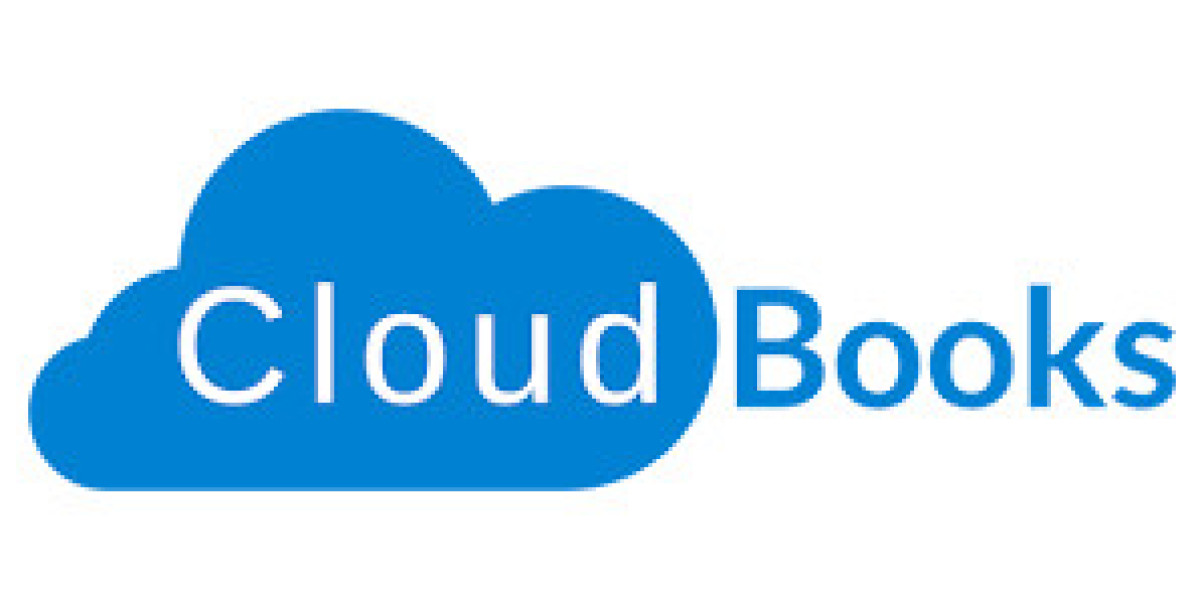In today’s digital-first business world, financial management is no longer confined to piles of paperwork, spreadsheets, and manual calculations. Companies of all sizes are increasingly adopting cloud-based accounting systems to streamline processes and comply with financial regulations more effectively. Among the most critical financial responsibilities for UK businesses is managing VAT returns—a task that can become complex without the right tools. This is where cloud books (cloud accounting software) step in to revolutionize efficiency, accuracy, and compliance.
This article explores how cloud books work, their advantages for VAT return management, and why they are becoming an indispensable tool for modern businesses.
What Are Cloud Books?
Cloud books, often referred to as cloud-based accounting software, are digital platforms that allow businesses to manage their financial records online. Instead of storing data locally on one computer or relying on manual record-keeping, these systems store data securely on the cloud. Users can access information anytime, anywhere, using a computer, tablet, or smartphone.
Popular cloud book platforms include QuickBooks Online, Xero, Sage Business Cloud, and FreshBooks. Each offers core accounting features such as invoicing, expense tracking, payroll, and most importantly, VAT compliance tools.
The Importance of VAT Returns
VAT (Value Added Tax) is a consumption tax applied to most goods and services in the UK. Businesses registered for VAT must collect it on behalf of HMRC and submit VAT returns regularly—usually every quarter.
A VAT return details:
The amount of VAT charged on sales (output tax).
The VAT paid on purchases (input tax).
The difference, which determines how much is owed to or reclaimable from HMRC.
Failure to file accurate VAT returns on time can lead to penalties, fines, and even audits. With the introduction of Making Tax Digital (MTD), VAT return submissions must now be made using approved digital software, further emphasizing the role of cloud books.
How Cloud Books Simplify VAT Returns
Automated VAT Calculations
Cloud accounting software automatically tracks VAT on all transactions. Whether it’s standard-rated, reduced, or zero-rated, the system applies the correct rules, reducing the risk of human error.Real-Time Data Access
Unlike traditional bookkeeping, cloud books update in real-time. Business owners and accountants always have an accurate picture of VAT liability, helping them avoid surprises at the end of the quarter.Direct HMRC Integration
Most cloud accounting platforms are HMRC-recognised and connect directly for VAT return submissions under the MTD initiative. This means businesses can file returns securely with just a few clicks.Digital Record Keeping
MTD requires businesses to keep digital records of transactions. Cloud books ensure compliance by storing data securely in the cloud, making it easy to retrieve for audits or inspections.Error Reduction
By automating calculations and reducing manual input, cloud systems cut down on costly mistakes. Many platforms even include built-in checks to flag discrepancies before submission.
Key Benefits of Using Cloud Books for VAT Returns
1. Time Savings
Manually preparing VAT returns can take hours or even days, especially for businesses with high transaction volumes. Cloud books automate most steps, freeing up time for business growth and strategy.
2. Cost Efficiency
While hiring a full-time accountant may not be feasible for small businesses, cloud-based accounting software provides many of the same benefits at a fraction of the cost.
3. Accessibility
Since cloud books are web-based, multiple users can access them from different locations. This is particularly beneficial for businesses with remote teams or outsourced accountants.
4. Scalability
As a business grows, so does the complexity of its VAT returns. Cloud accounting software scales effortlessly, handling larger transaction volumes without disruption.
5. Security
Leading cloud accounting providers invest heavily in data security, offering encryption, two-factor authentication, and secure backups to protect sensitive financial information.
Cloud Books and Making Tax Digital (MTD)
The UK government’s Making Tax Digital initiative mandates that VAT-registered businesses keep digital records and submit returns using compatible software. Cloud books are built with MTD compliance in mind, ensuring businesses remain aligned with HMRC requirements.
With MTD becoming the norm, businesses that continue to rely on spreadsheets or outdated systems risk falling behind. Cloud books not only simplify compliance but also future-proof financial management practices.
Case Study Example
A small retail business in London previously relied on manual spreadsheets to manage VAT. The process was slow, error-prone, and caused frequent penalties due to late filings. After switching to Xero (a popular cloud accounting tool), the business experienced:
60% reduction in VAT preparation time.
Fewer calculation errors, thanks to automation.
Seamless quarterly submissions directly to HMRC.
Better cash flow management with real-time VAT liability insights.
This example highlights how cloud books can transform even small businesses struggling with compliance.
Choosing the Right Cloud Books for VAT Returns
When selecting cloud accounting software, businesses should consider:
HMRC Compatibility – Ensure the software is MTD-recognised.
Ease of Use – A user-friendly interface makes adoption smoother.
Features – Look for VAT-specific tools like automated VAT codes, return preparation, and direct submission.
Scalability – Choose a system that can grow with the business.
Support & Training – Reliable customer support and training resources are essential for smooth implementation.
The Future of Cloud Books and VAT Returns
As technology advances, cloud accounting platforms will become even more intelligent. Artificial intelligence (AI) and machine learning may soon predict VAT liabilities, detect fraud, and suggest tax-saving strategies automatically.
Furthermore, as governments worldwide adopt digital tax initiatives similar to MTD, cloud books will become the global standard for compliance and financial management.
Conclusion
Managing VAT returns no longer needs to be a stressful, time-consuming task. Cloud books provide a smarter, faster, and more reliable way to handle VAT obligations while ensuring compliance with HMRC’s Making Tax Digital requirements. From automation and accuracy to security and accessibility, cloud accounting software empowers businesses to focus on growth rather than paperwork.
For any business—whether a sole trader, SME, or large enterprise—embracing cloud books is not just about keeping up with regulations; it’s about building a strong, efficient, and future-ready financial foundation.










